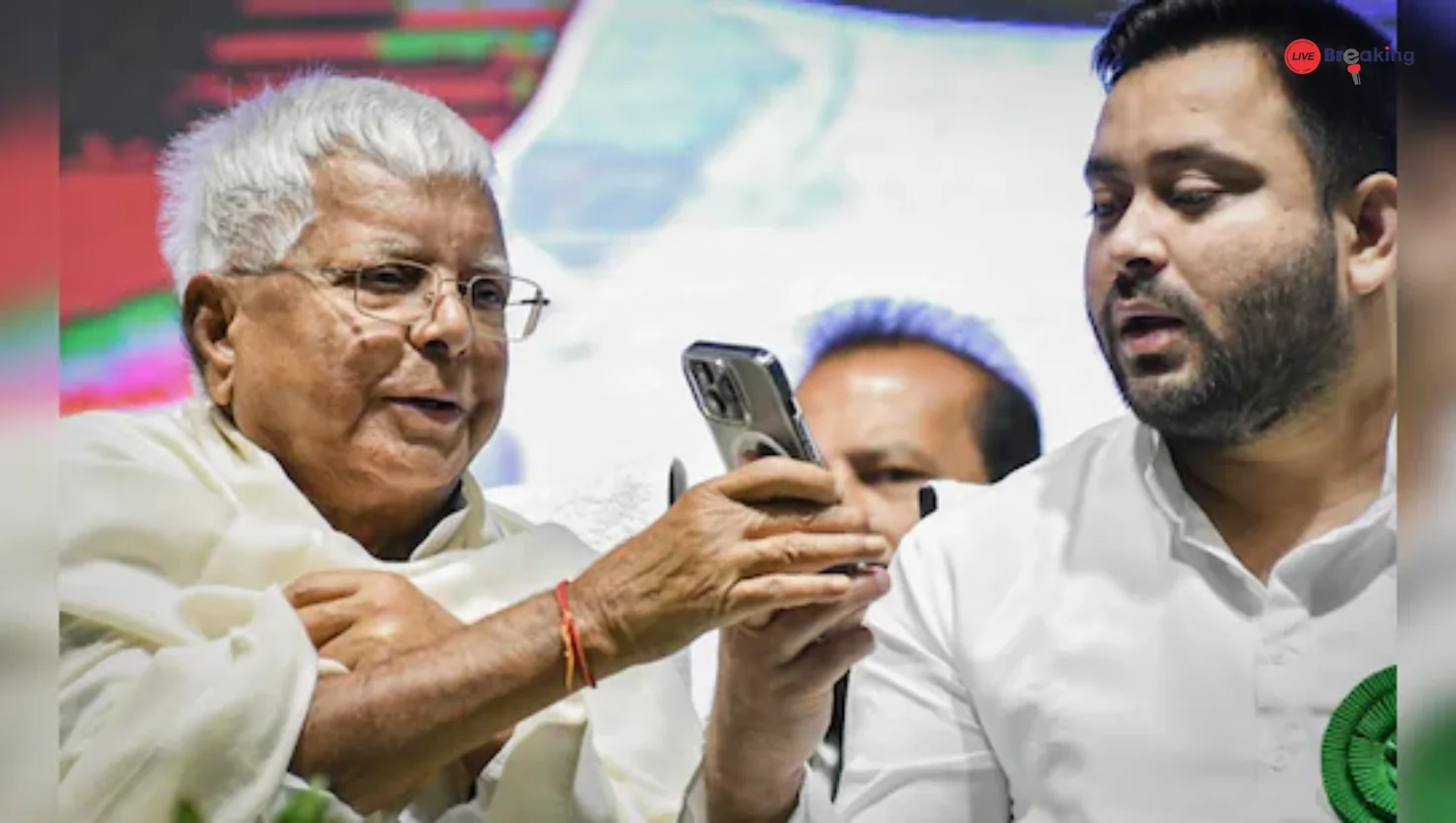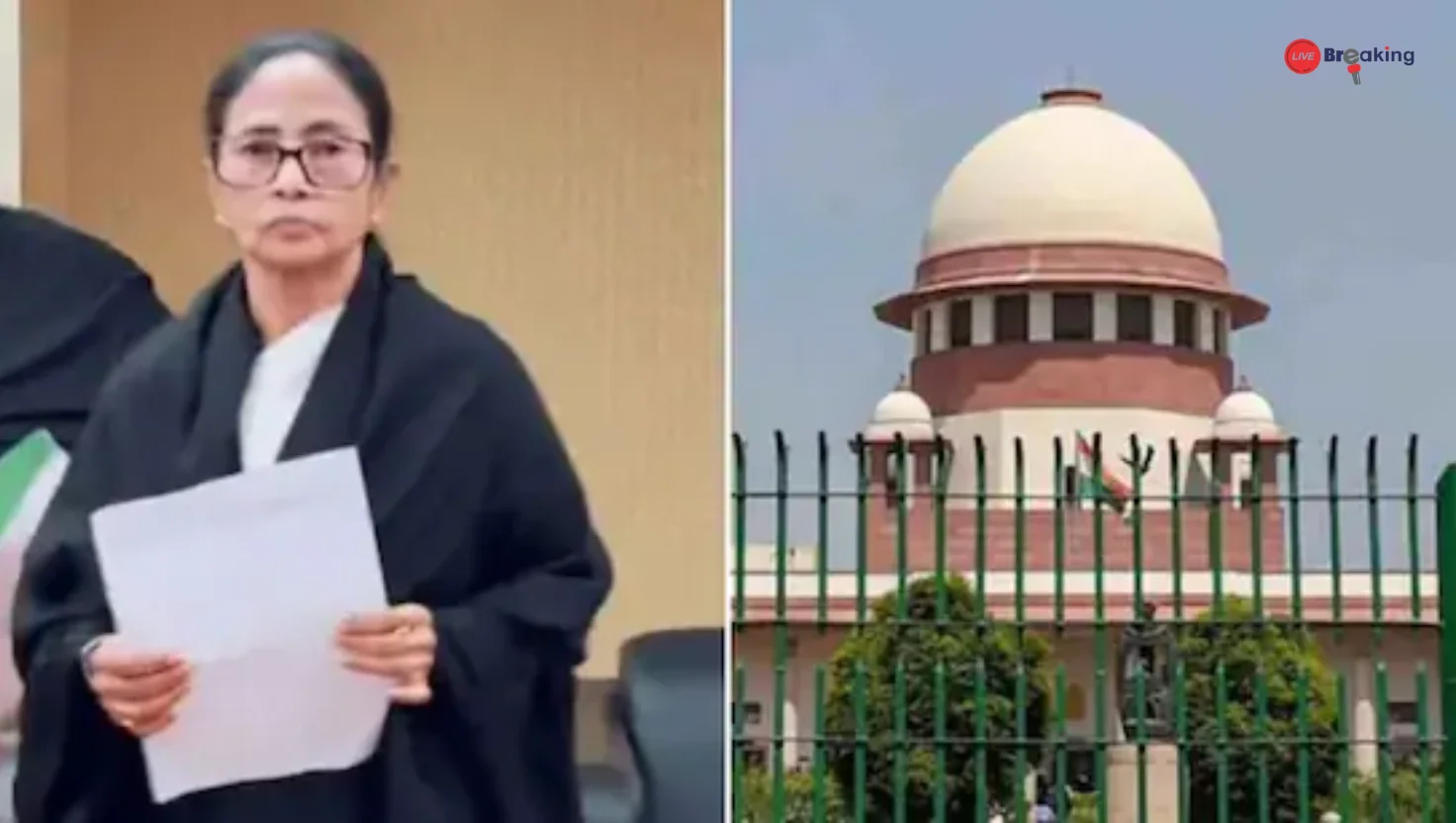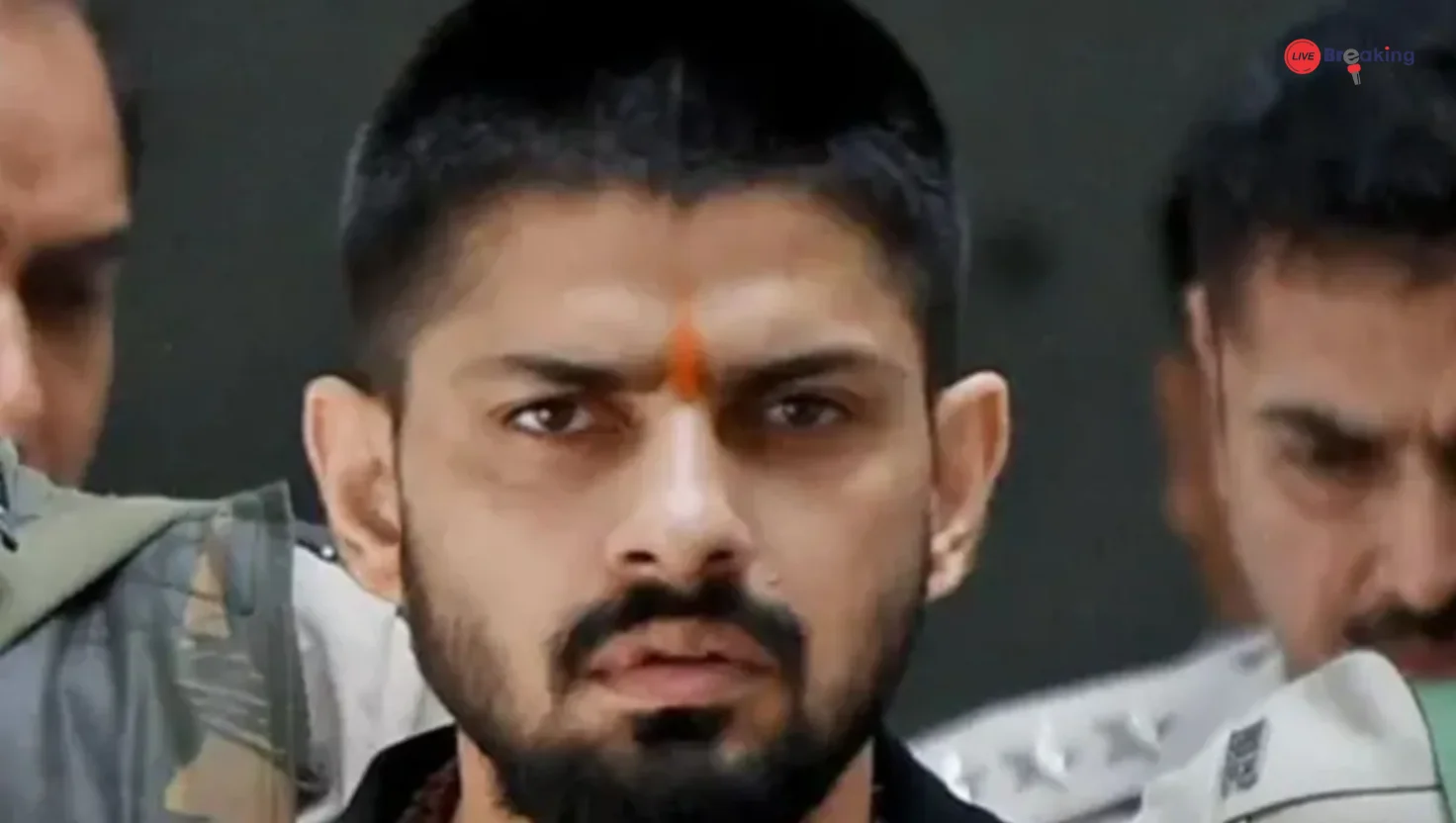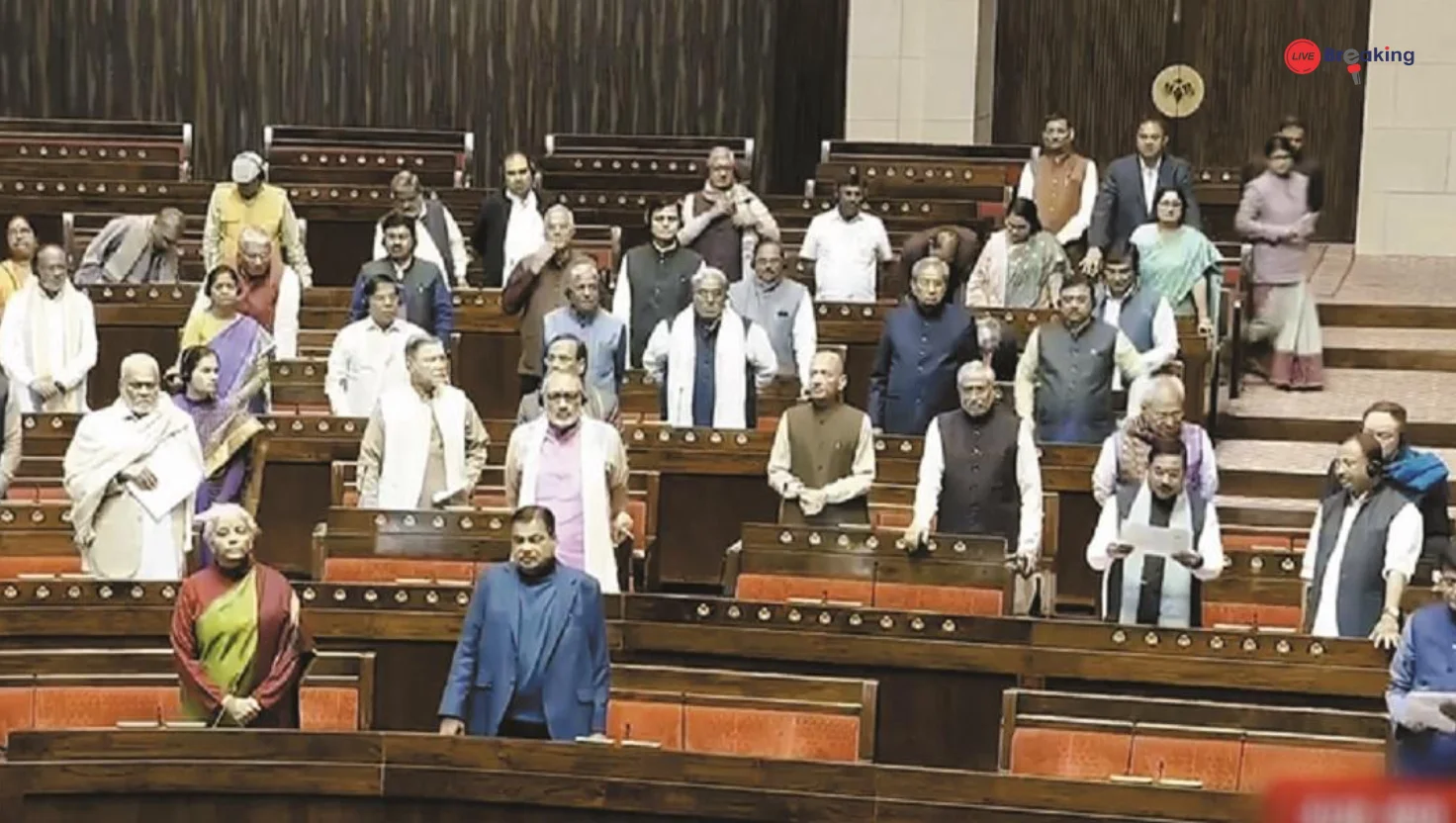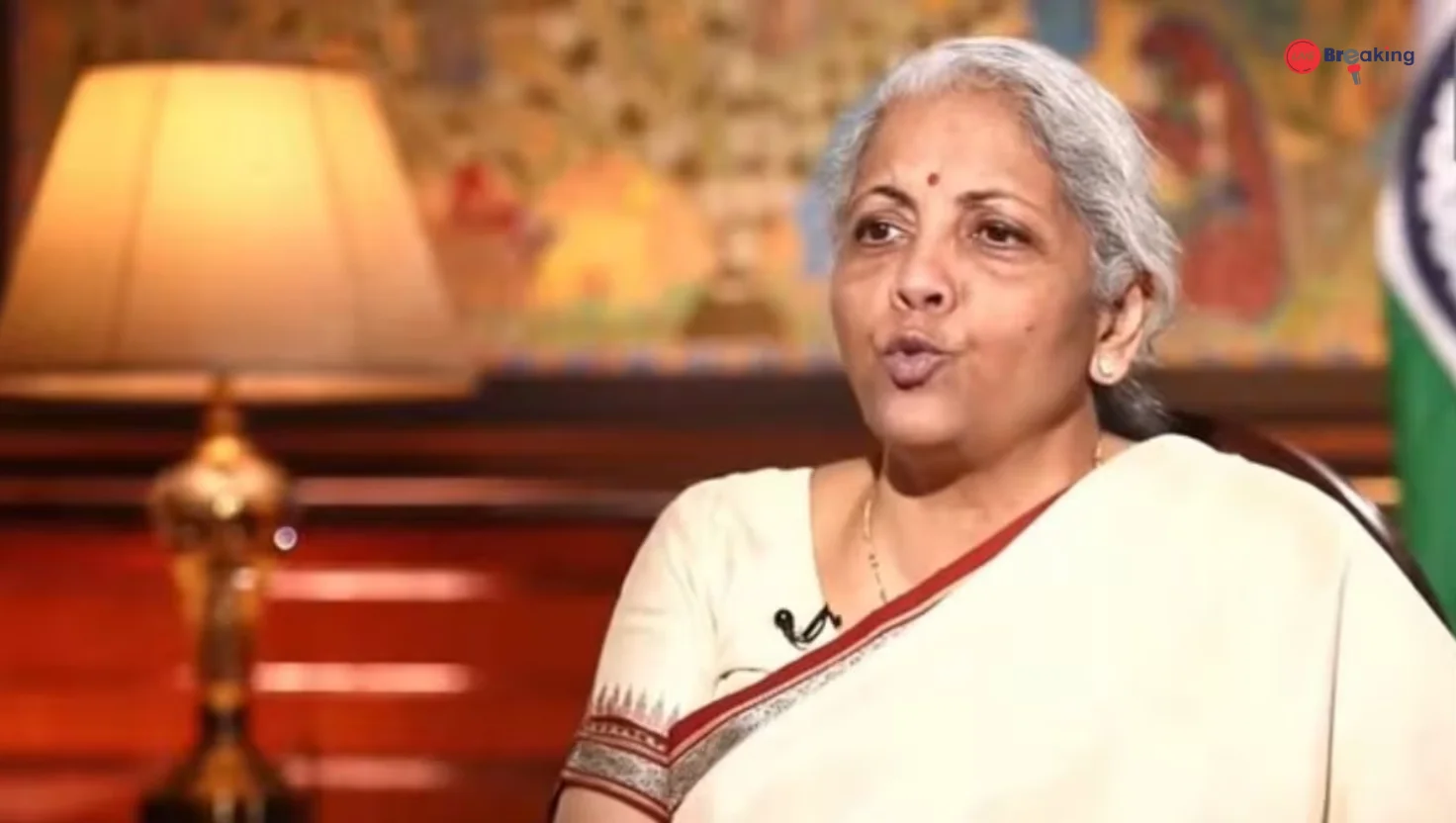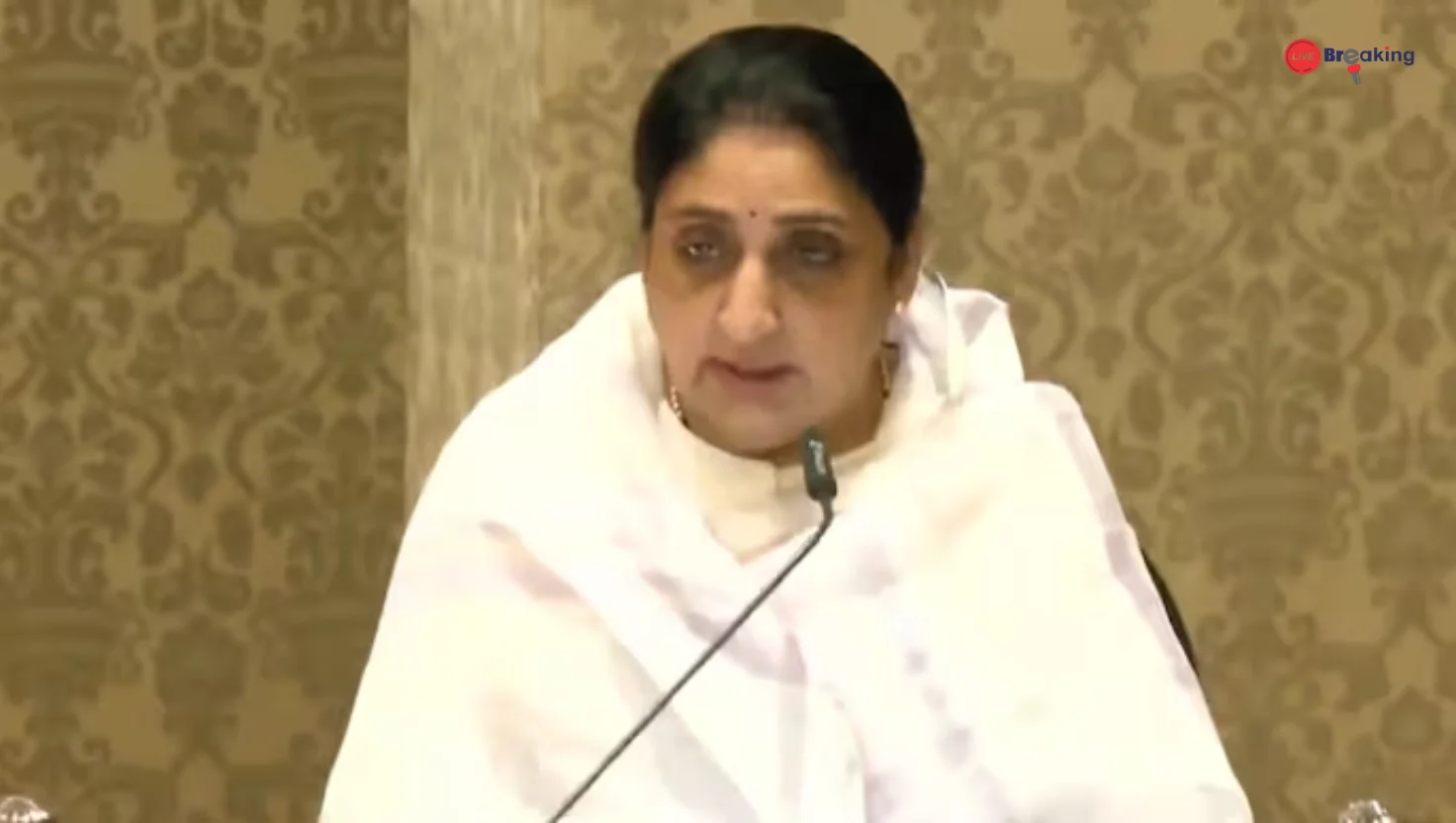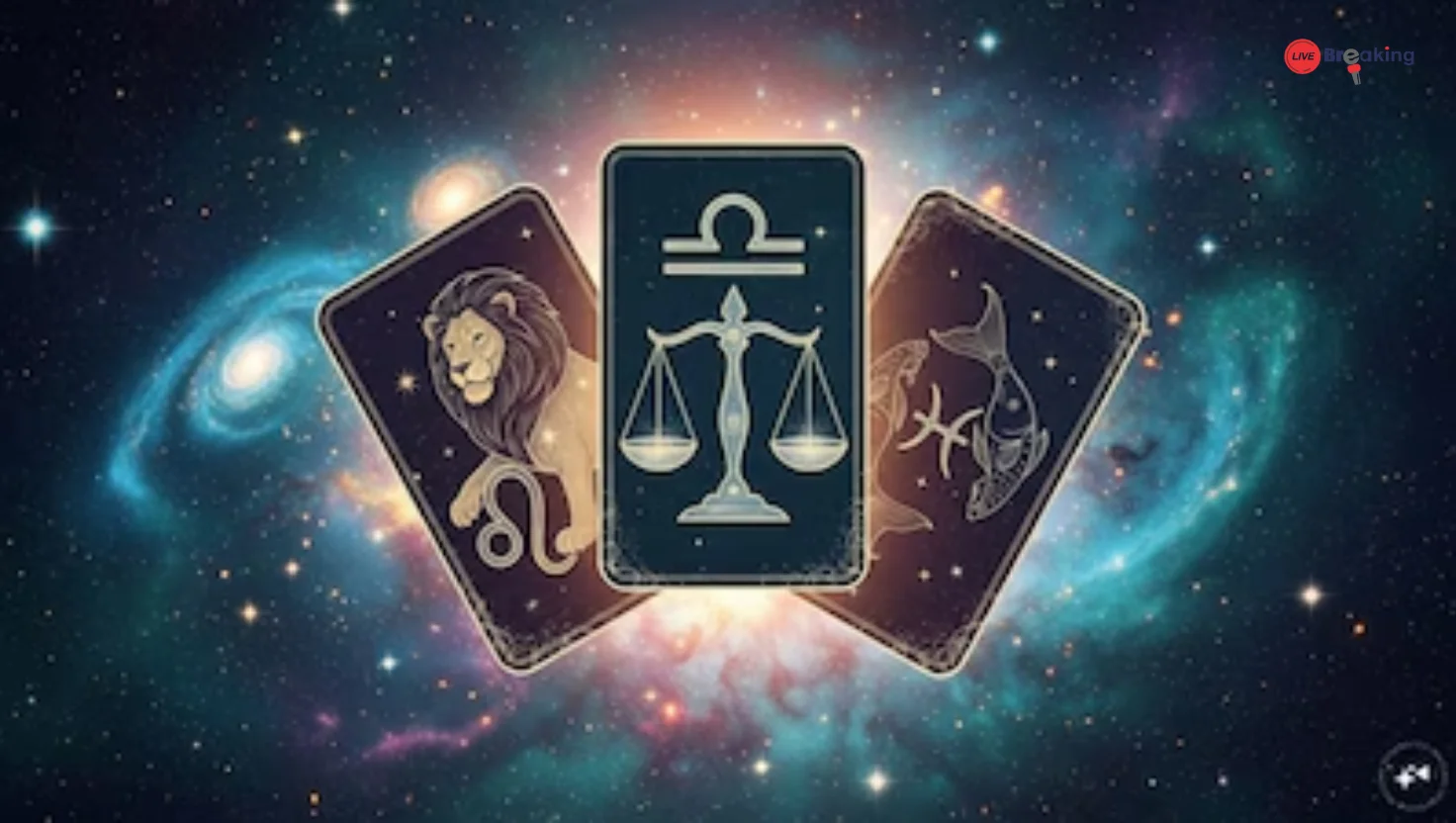“Lalu Dhritarashtra In Son’s Love”: Bihar Deputy Chief Minister’s Swipe
Bihar’s political arena turned into a stage for mythological parallels this week as the state’s Deputy Chief Minister launched a scathing attack on Rashtriya Janata Dal (RJD) chief Lalu Prasad Yadav, comparing him to Dhritarashtra — the blind king from the Mahabharata who was unable to see the faults of his own sons. The analogy, loaded with both symbolism and sarcasm, has ignited a war of words between the ruling coalition and the opposition, intensifying Bihar’s already volatile political climate.
Speaking at a public gathering, the Deputy Chief Minister accused Lalu of being “blinded by affection” for his son and former Deputy Chief Minister Tejashwi Yadav. He alleged that Lalu’s political decisions were driven not by ideology or governance priorities but by the desire to protect his son’s ambitions, even at the cost of Bihar’s progress. The remark quickly went viral, drawing strong reactions from both camps and setting off a fresh round of political sparring.
The “Dhritarashtra” Comparison
In his fiery speech, the Deputy CM said, “Just like Dhritarashtra could not see Duryodhana’s misdeeds because of fatherly attachment, Lalu Prasad Yadav cannot see Tejashwi’s failures and arrogance. He defends his son at every step, no matter how wrong or irresponsible he might be.”
The statement drew applause from party workers and supporters, who cheered the Deputy CM’s boldness. However, it also provoked outrage from the RJD, which called the remarks “cheap theatrics” meant to distract from the government’s shortcomings. Party leaders defended Lalu as a veteran politician who has always stood by his family and his ideology, dismissing the mythological comparison as “political melodrama.”
RJD’s Strong Rebuttal
RJD spokespersons were quick to hit back. In a press briefing, one senior leader countered, “Those who have no vision for Bihar are lecturing Lalu Yadav about blindness. The Deputy Chief Minister should look at his own government’s failures before drawing parallels with the Mahabharata.”
Tejashwi Yadav, too, weighed in indirectly, posting a cryptic message on social media that read, “History remembers who stood with truth, not who twisted tales for attention.” The post, widely interpreted as a response to the Deputy CM’s remarks, gained traction among RJD supporters and added to the growing tension between the rival camps.
A War of Words With Deeper Political Undercurrents
The exchange comes at a time when Bihar’s political alliances are in flux. With murmurs of new coalition formations and shifting loyalties ahead of the 2025 Assembly elections, every statement carries added weight. Political observers note that the Deputy CM’s remarks were not merely a rhetorical jab but a strategic move aimed at cornering the RJD by questioning its leadership model.
Read more: No Remorse, No Responsibility’: Madras HC Slams Vijay Party Over Stampede
“The Dhritarashtra analogy hits at the emotional core of Lalu’s politics — his image as a family patriarch,” said a political analyst. “By suggesting that he is blinded by his son’s ambition, the Deputy CM is trying to portray the RJD as a dynasty-driven party, detached from the real issues of governance.”
Echoes of Myth in Modern Politics
The use of mythological references is not new in Indian politics. Leaders across the spectrum often invoke characters from epics like the Ramayana and Mahabharata to make moral or symbolic points. However, such analogies often stir controversy for their personal undertones. In this case, the Deputy CM’s comparison between Lalu and Dhritarashtra paints the latter as a ruler whose emotional weakness led to his kingdom’s downfall — a pointed critique meant to resonate with voters tired of “family politics.”
RJD leaders, on the other hand, argue that invoking ancient myths to insult political opponents reflects “a lack of substantive governance discourse.” They claim the ruling alliance is more interested in “name-calling” than in addressing unemployment, inflation, and law-and-order challenges in the state.
The Broader Implications
The political slugfest over the Mahabharata reference is more than just a war of words — it reflects the deep ideological and personal rivalries shaping Bihar’s power structure. With Lalu’s health limiting his public appearances and Tejashwi taking the lead within the RJD, the ruling side’s strategy seems to be to weaken the party’s moral authority by targeting its family-centric leadership.
Read more: India Warns Pakistan: Avoid Aggression Over Sir Creek Dispute
Meanwhile, the Deputy CM’s party is positioning itself as the defender of merit and governance, contrasting its “development-first” narrative with what it describes as RJD’s “dynastic priorities.” Analysts suggest this line of attack could appeal to younger voters who are less emotionally attached to legacy politics and more focused on results.
A Battle Far From Over
As the verbal jousting continues, it is clear that Bihar’s political battlefield is as dramatic as ever. The Dhritarashtra remark has added a new mythological layer to the ongoing rivalry between two of the state’s most prominent political families. While Lalu’s supporters see the analogy as an insult to a veteran leader, the Deputy CM’s camp views it as a truth-telling moment — a warning against emotional politics and unaccountable leadership.
In the coming weeks, as both sides escalate their campaigns, the echoes of the Mahabharata may continue to reverberate through Bihar’s political discourse. But one thing is certain: the battle between loyalty and leadership, affection and accountability, is far from over — both in mythology and in the modern-day corridors of power in Patna.

